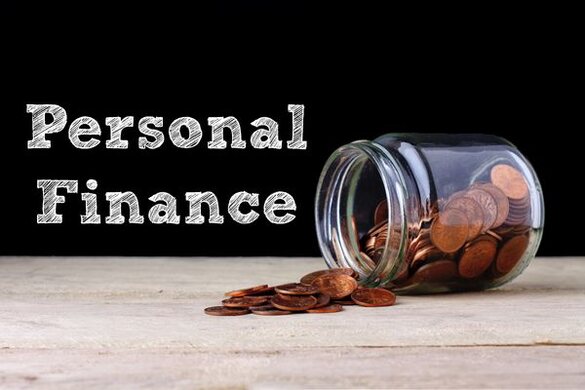10 Best Smart Ways to Manage Your Personal Finances on a Budget

Managing personal finances can often seem daunting, especially when on a tight budget. However, with the right strategies in place, anyone can take control of their money and build a stable financial future. Here are 10 smart ways to manage your personal finances on a budget:
1. Create a Detailed Budget
One of the key steps in managing your personal finances effectively is by creating a detailed budget. Start by tracking your monthly income and listing all your fixed expenses, such as rent, utilities, and loan payments. Then, categorize your variable expenses like groceries, transportation, and entertainment. Use tools such as spreadsheets or budget apps to monitor your spending and ensure that you are sticking to your plan. Budgeting allows you to visualize your financial situation, identify wasteful spending, and make adjustments as needed.

2. Prioritize Essential Expenses
When you’re on a budget, it’s essential to prioritize your essential expenses. These include rent, utilities, groceries, transportation, and insurance. After covering these necessities, allocate the remainder of your income to other discretionary spending. By focusing on the essentials first, you ensure that you’re meeting your basic needs while also limiting unnecessary spending.
3. Eliminate Unnecessary Subscriptions
With the rise of streaming services, gym memberships, and subscription boxes, it’s easy to accumulate unnecessary subscriptions. Take a closer look at recurring charges and eliminate those that you do not frequently use. Cutting back on these can free up more money for savings or important purchases. Consider switching to free alternatives or sharing subscriptions with family or friends to further save.
4. Cook at Home
Eating out regularly can quickly drain your personal finances, especially when you’re on a tight budget. One effective way to save money is by cooking at home. Plan your meals, create a shopping list, and stick to it to avoid overspending at the grocery store. Cooking your own meals not only helps you save money but also ensures healthier eating habits. Bulk buying, meal prepping, and cooking in batches can also reduce your weekly grocery bill.
5. Set Financial Goals of personal finances
Having clear financial goals can motivate you to stick to your budget. Whether you’re saving for an emergency fund, paying off debt, or planning for a large purchase, define your goals and break them down into achievable milestones. Setting deadlines for each goal can help you stay focused and make progress towards your financial objectives.
6. Avoid Impulse Purchases
Impulse buying is one of the easiest ways to derail your budget. When tempted to make an unplanned purchase, pause and ask yourself whether it’s a necessity or just a want. By taking time to reflect before buying, you can prevent unnecessary expenses. Consider implementing the 30-day rule: if you want to make a non-essential purchase, wait 30 days and see if you still feel the same way about it. More often than not, the impulse fades, saving you money.
7. Use Cash-Only for Non-Essential Spending
Another smart way to control your personal finances is by switching to a cash-only system for non-essential purchases. Once you’ve paid for your essential expenses, withdraw a specific amount of cash for discretionary spending such as entertainment, dining out, or shopping. Using cash instead of credit cards helps limit overspending and ensures you’re more mindful of your purchases. When the cash runs out, you’ll know it’s time to stop spending.
8. Build an Emergency Fund
One of the most critical components of personal finance management is having an emergency fund. This safety net will protect you from unexpected expenses, such as medical bills or car repairs, without jeopardizing your budget. Even if you’re on a tight budget, aim to save a small percentage of your income regularly. Over time, these contributions will grow into a substantial fund that offers peace of mind during unforeseen circumstances.
9. Pay Off High-Interest Debt First
Debt can be a significant financial burden, especially if you’re dealing with high-interest credit cards or loans. To manage your personal finances better, prioritize paying off high-interest debt first. This approach will save you money in the long run as you’ll reduce the amount of interest accumulating on your balances. Consider the debt snowball or debt avalanche method to accelerate your debt repayment efforts.
10. Take Advantage of Discounts and Coupons
Lastly, always look for ways to save money through discounts, coupons, and rewards programs. Whether you’re shopping for groceries, clothes, or household items, there are often discounts or cashback offers that you can take advantage of. Use apps or websites that offer deals and discounts, and don’t hesitate to ask for price matches. These small savings can add up over time, significantly reducing your overall expenses
Read More: Money Robot Software Pricing




